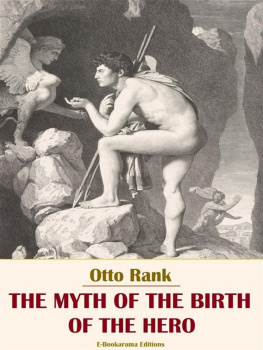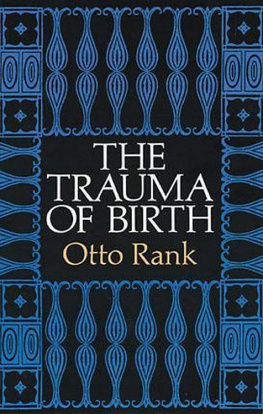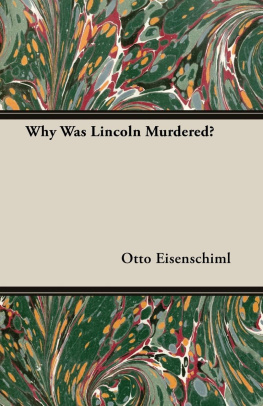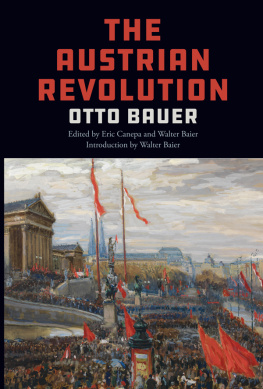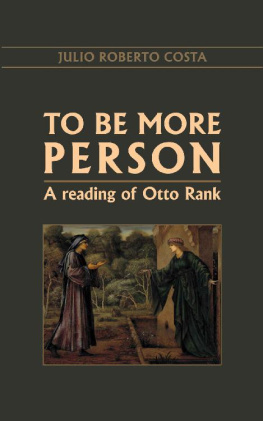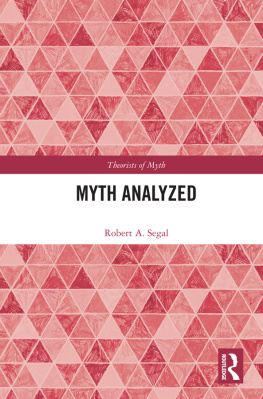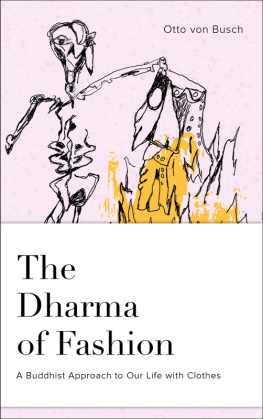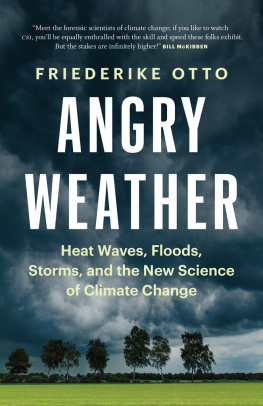1 Introduction Nearly all prominent civilized nations, including Babylonians and Egyptians, Hebrews and Indians, Persians, Greeks and Romans, as well as the Germanic peoples and others, have left us literatures in which, early on, they glorify national heroesmythical princes and kings, and founders of religions, dynasties, empires, and citiesin many poetic tales and legends. The history of the birth and youth of these supermen came to be especially invested with fantastic features, which in different nations, though widely separated by space and entirely independent of each other, present a baffling similarity or, in part, a literal correspondence. Many investigators have long been impressed with this fact.
One of the chief problems of mythological research still consists in the elucidation of the reason for the extensive analogies in the fundamental outlines of mythical tales. These analogies are rendered still more puzzling by the unanimity in certain details and their reappearance in most of the mythical groupings. The mythological theories aiming at the explanation of these remarkable phenomena, are, in a general way, as follows: 1. The idea of the people, propounded by Bastian. This theory assumes the existence of elemental ideas, so that the unanimity of the myths is a necessary sequence of the uniform disposition of the human mind and the manner of its manifestation, which within certain limits is identical at all times and in all places. This interpretation was urgently advocated by Bauer as accounting for the wide distribution of the hero myths.
2. The explanation by original community, first applied by Benfey to the widely distributed parallel forms of folklore. The theory makes the claim that, originating in a favorable locality , these tales were first accepted by the Indo-European peoples, then continued to grow while retaining the common original traits, and ultimately radiated over the entire earth. This mode of explanation was first applied to the wide distribution of the hero myths by Schubert.
3. The modern theory of conceptual migration, or borrowing, according to which individual myths originate from definite peoples and are accepted by other peoples through oral tradition or through literary influences.
The modern theory of migration and borrowing can be readily shown to be merely a modification of Benfeys theory, resulting from the incorporation of newly discovered, irreconcilable material. This profound and extensive research of modern investigations has shown that Babylonia, rather than India, may be regarded as the first home of the myths. Moreover, they presumably did not radiate from a single point, but traveled over and across the entire inhabited globe. This thinking brought into prominence the idea of the interdependence of mythological structures, an idea that was generalized by Braun as the basic law of the nature of the human mind: Nothing new is ever discovered as long as it is possible to copy. The theory of elemental ideas, so strenuously advocated by Bauer over a quarter of a century ago, seems, by contrast, to have fallen by the wayside. That theory is thoroughly discounted not only by Schubert, apparently in direct opposition to Bauer, but also by recent researchers, like Winckler and Stucken, who maintain the theory of migration and borrowing. Although migration and borrowing can be demonstrated in many cases, one must accept other points of view when that is not possible. One must not block the progress of further research by invoking the somewhat unscientific viewpoint of the otherwise commendable Winckler, who claims: When we encounter humans and their productions in complete correspondence, though in widely distant parts of the earth, we must conclude that migration has occurred. Knowing how and when is irrelevant in recognizing this fact.
There is really no sharp contrast between the various theories or their advocates, for the concept of elemental ideas does not interfere with the claims of primary common possession or of conceptual migration. Furthermore, the ultimate problem is not whence and how the material reached a certain people. That question is, Where did it come from to begin with? All these theories would explain only the variability and distribution of the myths but not their origin. Even Schubert, the most inveterate opponent of Bauers view, acknowledges this truth by stating that all these manifold legends date back to a single very ancient prototype. But he is unable to tell us anything of the origin of this prototype. Bauer, who has responded critically to Schuberts claims likewise inclines to this mediating view; he points out repeatedly that, in spite of the multiple origin of independent tales, it is necessary to concede a most extensive and ramified borrowing, as well as an original community of the concepts in related peoples. Beside these attestations of historians, the same conciliatory attitude is maintained by Lessmann , who rejects the assumption of elemental ideas but admits that primary relationship and borrowing do not exclude each other. For an ethnological perspective, one must mention the moderate opinion of the late Americanist Ehrenreich, who states that conceptual migration, borrowing, and independent origin are equally relevant and therefore apply simultaneously. Specifically with reference to the cycle of myths that concerns us here, and based on a rich variety of material, Frazer has recently formulated his view of this problem: he considers that borrowing and independent origin are equally likely when there is a common strand in folklore. He declines to choose but notes, for example, that the Indic parallels of Semitic precursors seem more strongly to suggest an independent origin, as one cannot assume Indic knowledge of the Semitic versions.
In my opinion, a final decision on this question, to the extent that that is desirable or attainable, can only be achieved through a psychology based on the material provided by mythologists, ethnologists, and historianswhose complete lack of orientation in psychology would benefit their research if they would refrain from absolute judgments. Psychological investigation into the problem was initiated by Wundt. Acknowledging conceptual migration to account for complex thematic correspondences, he states: For an understanding of the mythological thinking of primitives the question of these isolated cases of admixture is somewhat less significant, because only those elements corresponding to their level of mythological thought can be permanently maintained. Were it not for the persistence of the relevant themes, dim memories of earlier tales would hardly suffice for the reformulation of the same material; indeed, even without such associations these themes can therefore recreate a content corresponding in its basic motifs. In any case, the purely psychological problem of the origin of the myth type remains. Its solution puts us in a position to understand, on better grounds than the mere wish for a pleasing solution, how myths migrate conceptually.
Leaving aside for the present the inquiry as to the mode of distribution of these mythsa question approached in so many ways by the researchers just citedwe can now concentrate on the origin of the hero myth itself. Whatever ones opinion as to their origin, one is struck by an insistent tendency in the myths to make all heroic figures fit the framework of a specific birth legenda tendency still expressed with many heroes in contemporary novels. The choice between conceptual migration and original creation becomes less interesting, and the problem of explaining original creation becomes highly prominent. Ehrenreich, although influenced by a lunar perspective, formulates this in terms of the following question: Why are the apparently so diverse folk or mythical heroes magically conceived and born? Why are they placed in boxes, baskets, feed troughs, mangers, and seashells, and then often set out in bodies of water?.

